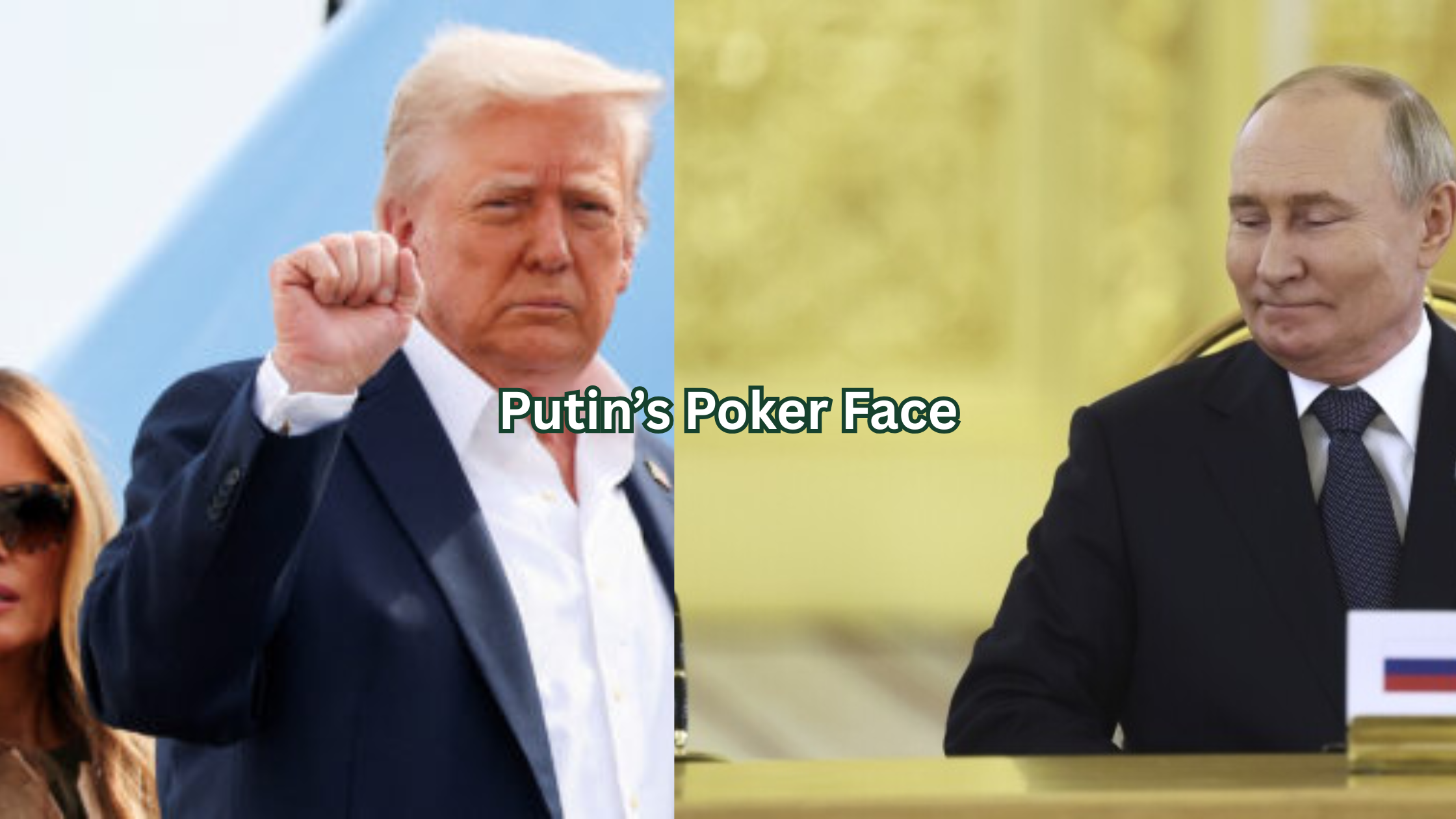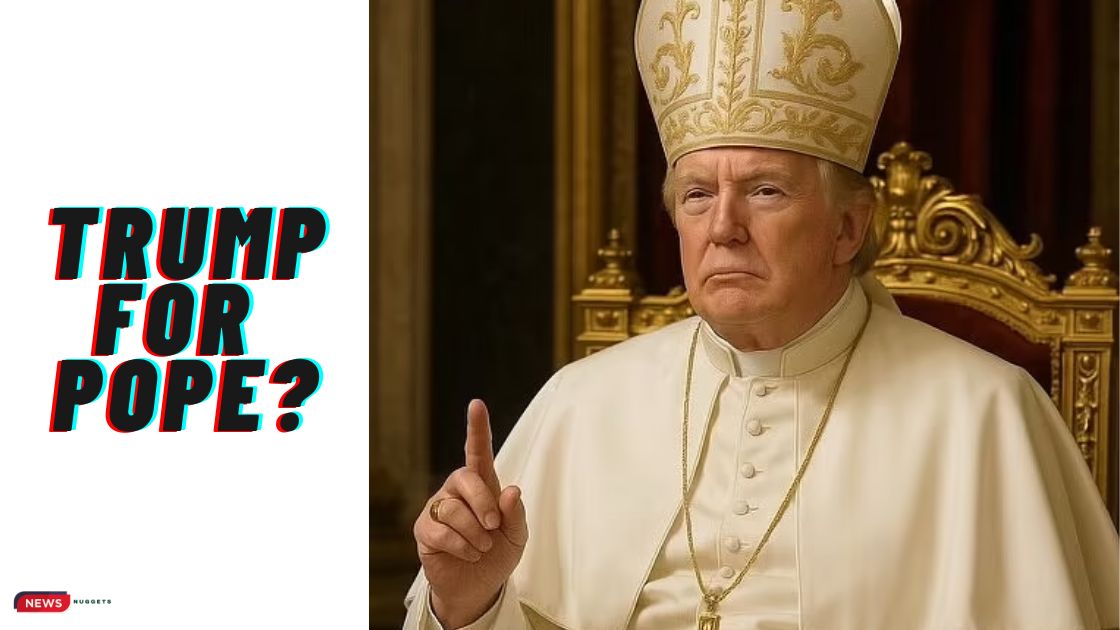A stunning claim from a former top White House official is challenging the long-held narrative about the Trump administration’s policy on Russia.
Fiona Hill, who served as the senior Russia expert on the National Security Council, asserts that the Kremlin was largely unconcerned by major US policies designed to be a check on its power. Actions such as sending anti-tank weapons to Ukraine or threatening tariffs, Hill claims, were met with indifference in Moscow.
This account directly contradicts the public portrayal of these moves as a successful strategy that kept Russia’s ambitions at bay.
Who is Fiona Hill?
The official making this claim is Fiona Hill, whose credentials position her as a highly credible source on the inner workings of both the White House and Russian strategic thinking. Her perspective is not that of an outside commentator, but of someone who was directly involved in policy.
- Top White House Role: She was the Senior Director for European and Russian Affairs on the U.S. National Security Council.
- Deep Expertise: Hill is a renowned intelligence analyst and author who has studied Russia and Vladimir Putin for decades.
- Key Public Figure: She became widely known for her detailed testimony during the first impeachment inquiry against Donald Trump.
The “Tough” Policies in Question
To understand the weight of Hill’s claim, it’s important to recall the policies in question. Two were consistently highlighted as proof of a firm stance against Russia:
- Javelin Missiles for Ukraine: The administration’s decision to provide these sophisticated “fire-and-forget” anti-tank weapons was a significant escalation in defensive aid. It was a move the previous administration had resisted for fear of provoking Moscow.
- Tariffs and Sanctions: The administration frequently wielded economic pressure as a primary foreign policy tool, using sanctions and the threat of tariffs to influence the behavior of adversaries, including Russia.
Why Didn’t Moscow Care? An Insider’s Analysis
The central question, then, is why Russia would simply shrug off these powerful actions. According to Hill’s analysis, the Kremlin was not focused on individual moves but on the entire strategic picture.
Hill’s reasoning suggests that Russian leadership saw these policies as isolated gestures, not components of a coherent, long-term strategy. Moscow was reportedly more interested in the broader political climate, believing that internal division within the US and growing friction between Washington and its European allies were far more strategically advantageous.
To the Kremlin, a disunified West was a weak West. From this perspective, a shipment of missiles did little to change the fundamental reality of a fractured alliance that it could seek to exploit.
Implications for Today’s Geopolitics
This revelation is more than a historical footnote; it has critical implications for understanding the current geopolitical landscape. It provides a valuable insight into the calculus of the Russian government in the lead-up to the full-scale invasion of Ukraine.
The key lesson is that Moscow appears to measure American resolve less by singular actions and more by strategic consistency and allied unity. When Russia perceives division and chaos, it sees a window of opportunity. Hill’s account suggests that performative toughness is an ineffective deterrent if an adversary believes it is not backed by a unified and predictable strategy.
Ultimately, this re-evaluation of the past paints a picture of a fundamental disconnect: while America believed it was projecting strength, Russia perceived exploitable weakness.




